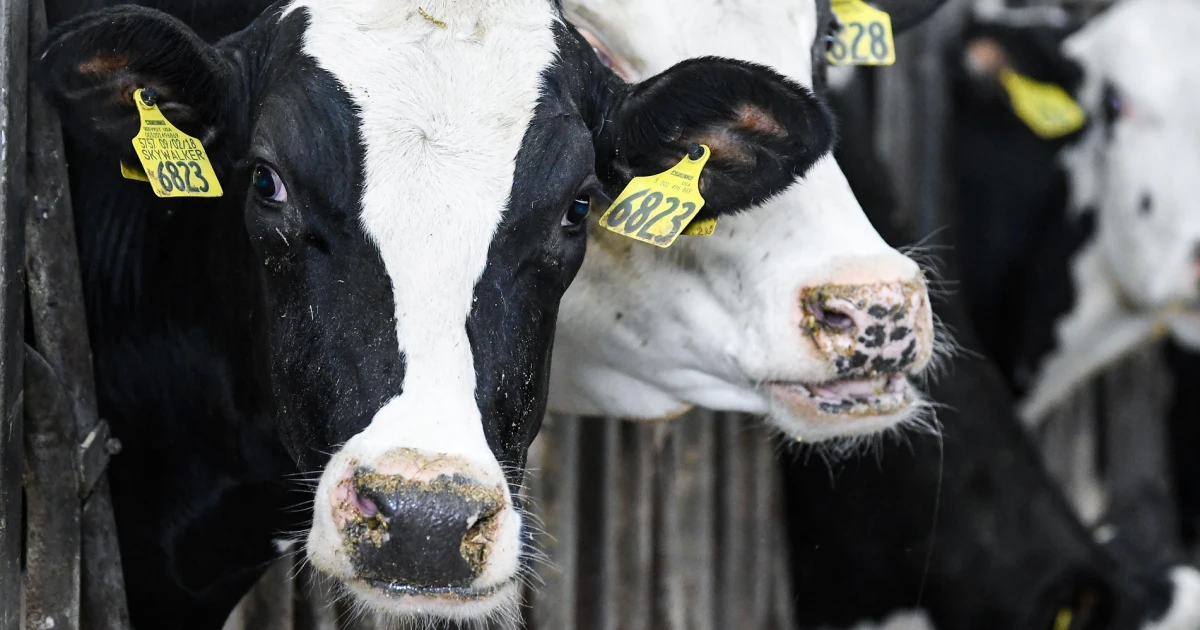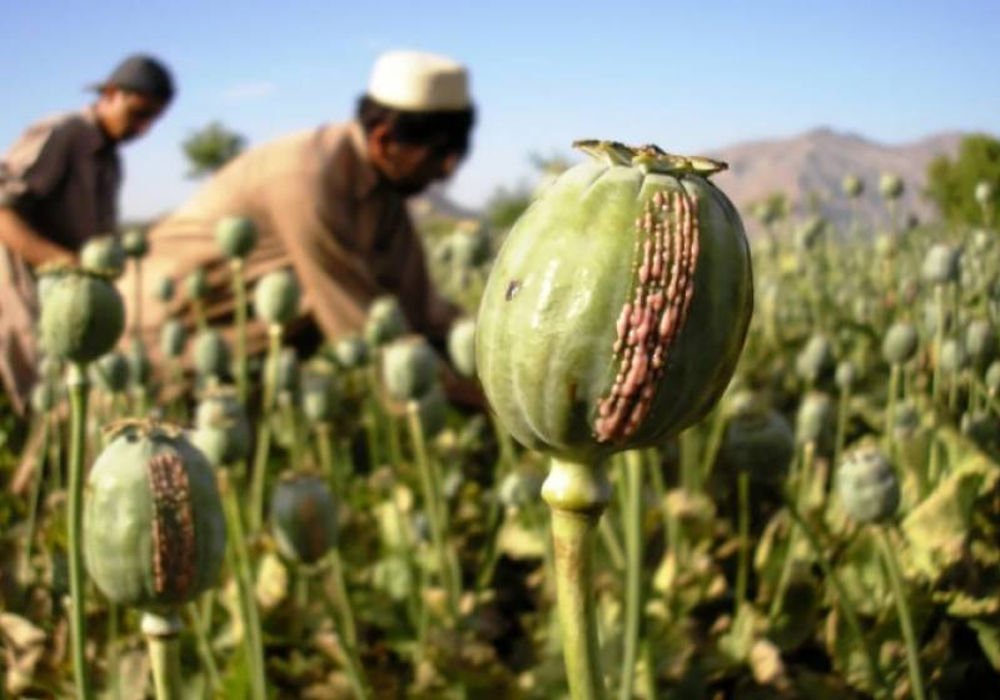Texas and the U.S. Centers for Disease Control and Prevention (CDC) have confirmed a case of avian influenza in an individual who had contact with dairy cows suspected to be infected with the virus. This marks the second instance of the H5N1 strain of avian influenza, commonly known as bird flu, affecting a person in the United States, following a previous case in Colorado in 2022. The emergence of the virus in new mammals, notably dairy cattle, is raising concerns.
The CDC has emphasized that the risk assessment for the general public regarding H5N1 bird flu remains low despite this development. The infected individual in Texas exhibited only eye inflammation, according to the state’s health department.
The U.S. Agriculture Department (USDA) recently reported that samples of milk collected from diseased cattle in Kansas and Texas tested positive for avian flu, underscoring the widespread impact of the virus, which has affected poultry flocks and mammals globally. However, USDA reassured the public that the nation’s milk supply remains safe, as milk from affected cows is being diverted or disposed of before entering the food supply. Pasteurization, a mandatory process for milk entering interstate commerce, effectively eliminates bacteria and viruses like the flu.
USDA has stated that culling dairy herds is unnecessary as infected cows are being isolated and reportedly recovering. However, states like Nebraska are taking precautionary measures, requiring special permits for breeding female dairy cattle to safeguard their herds.
The spread of H5N1 has extended to new areas, with cases detected in dairy cattle in New Mexico, Michigan, Idaho, Texas, and Kansas, along with a recent incident involving a goat in Minnesota. Avian flu, primarily transmitted by wild birds, has led to the culling of millions of chickens, turkeys, and other birds in the U.S. since 2022. While the virus is fatal to poultry, its impact on mammals has been less severe.
Concerns over the implications of bird flu in cattle have led to a decline in live and feeder cattle futures on the Chicago Mercantile Exchange, reflecting apprehensions about reduced meat demand and dairy consumption.
As authorities continue to monitor the situation and implement preventive measures, the spread of avian influenza underscores the ongoing challenges posed by infectious diseases in both animal and human populations.



